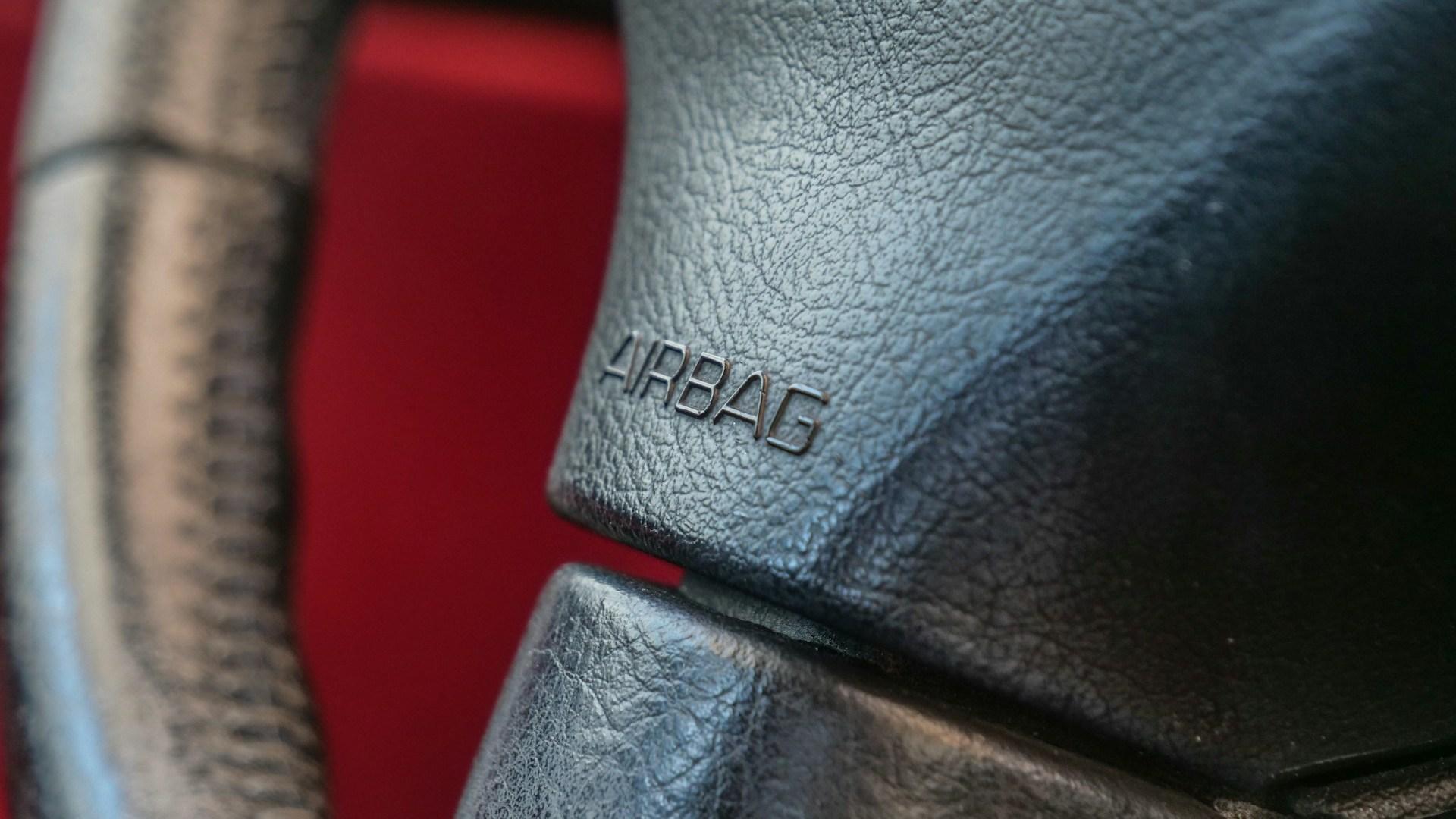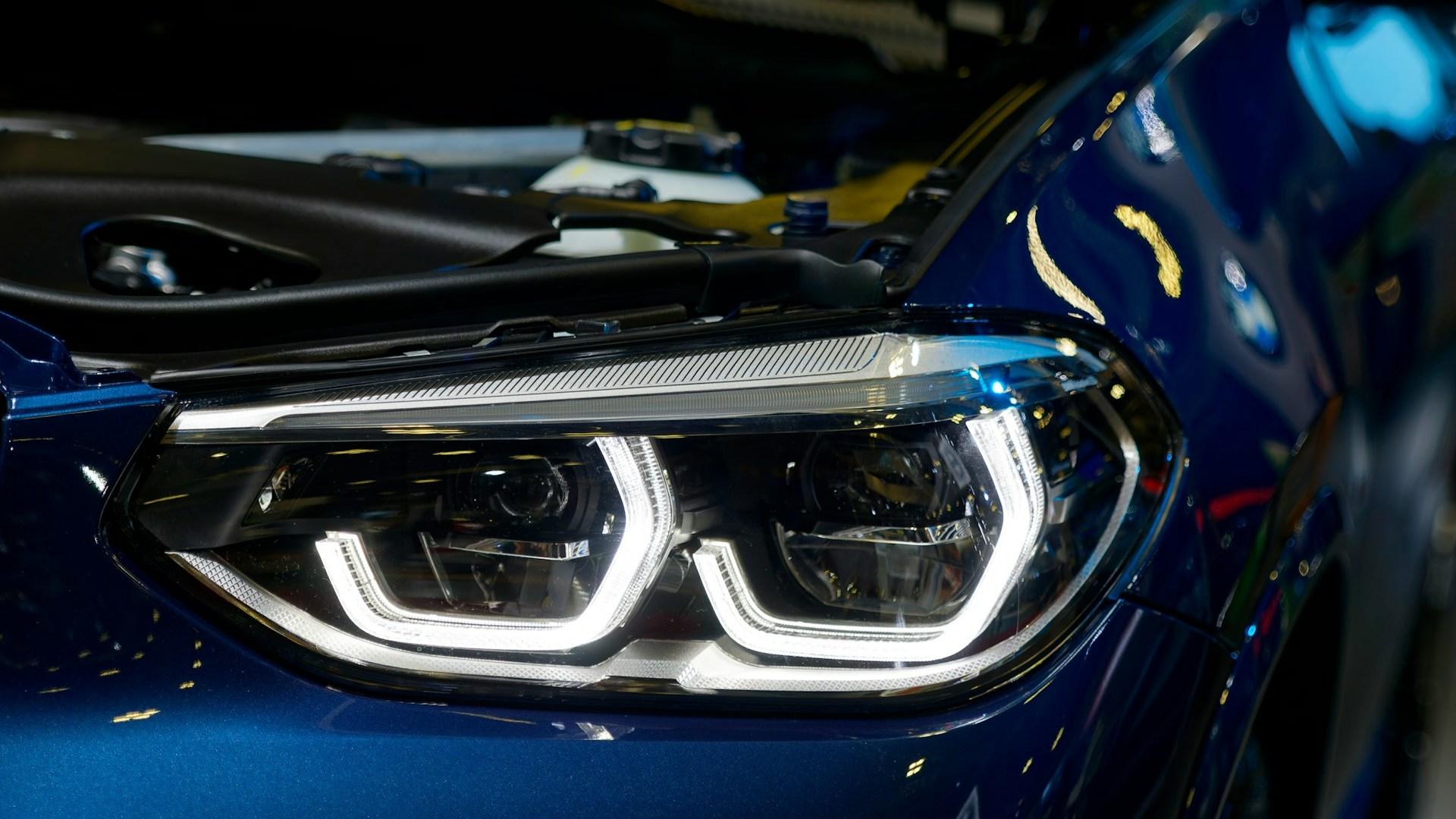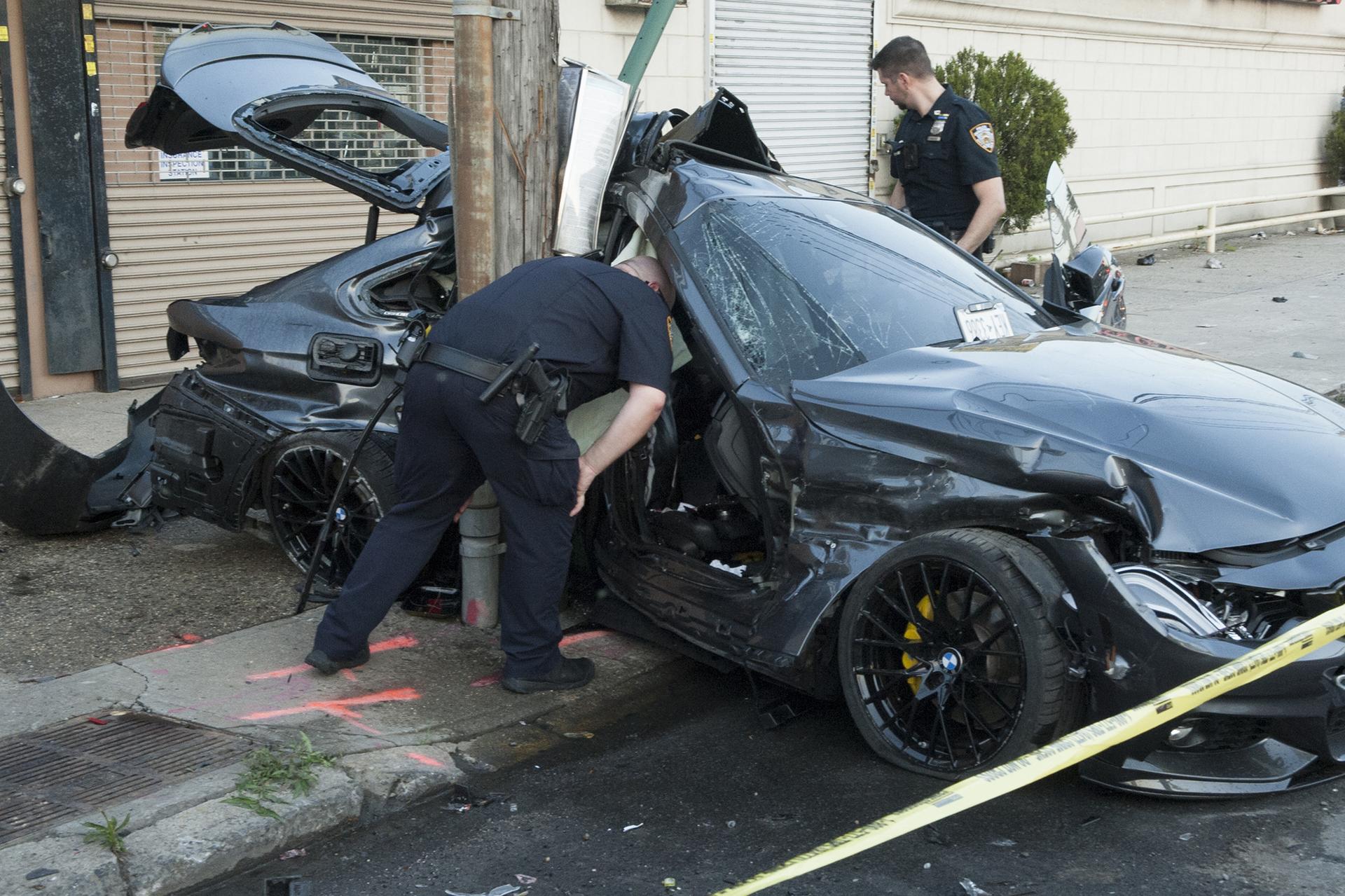A major global car brand has been forced to issue recalls for more than 291,000 vehicles after regulators discovered a defect.
This comes following another recall issue affecting hundreds of thousands of vehicles, just earlier this month, in response to a separate, explosive car defect that has killed dozens of people.
Car Recalls a Serious Issue

Car recalls are generally reserved for major issues due to the costs associated with a major recall.
That the cars are being recalled in such numbers indicates that the problem may be a serious one, and one that owners should be made aware of as soon as possible.
Regulators Force BMW’s Hand

BMW were forced into the recall on Wednesday, June 24 by a regulators decision.
This is the second time BMW have had to issue a major recall this month for a number of their car models.
Airbag Defect Earlier This Month

BMW had to recall more than 390,000 US vehicles on July 10 when they were found to have an airbag installed with an explosive, potentially life-endangering defect.
The Tanaka-brand airbags have been linked to dozens of vehicular deaths in the past couple of decades.
BMW Response

BMW responded to the airbag issue by claiming not to be aware of any fatalities linked to any of their car brands fitted with the Tanaka product.
After August 10, the car brand will notify affected customers and offer airbag replacements at their dealerships.
Latest Recall Issue

Following the issue with installed airbags, BMW are now having to recall a further over-291,000 vehicles due to another defect in the builds.
The latest issue affects cars in the X3 range including some X3 xDrive30i, X3 sDrive30i, X3 M40i and X3.
Issue May Date Back Nearly 2 Years

The issue may date back to an initial report in August 2022, in which there was an incident involving an “extreme rear crash”.
At the time, some of the details were not made publicly available due to the owner of the car maintaining their legal counsel, although BMW did release a statement warning of the involvement of an issue “in a rare case” that could lead to “risk of injury”.
Railing Defect

The issue involves the car models’ interior cargo rails, which have not been shipped with models since 2023.
When the car becomes involved in an “extreme rear crash”, the rail can become detached and risk injury to passengers.
BMW Wait to Inform Affected Customers

BMW will not immediately inform affected customers, stating that owners of the vehicles will be notified by August 30.
Once informed, owners can visit their local dealership to receive a free interior cargo rail replacement.
BMW’s Busy Year

This is the latest in a string of recall issues from the global car manufacturer, who are on course for over 1,000,000 vehicle recalls this year.
As of writing, BMW have recalled over 750,000 vehicles in 17 separate recall notices.
Airbag Deployment Issues Persist

BMW has faced ongoing issues with airbag deployments. In 2019, they recalled 257,000 vehicles due to faulty airbag inflators.
The problem stems from Takata airbags, which have affected numerous automakers since 2013. NHTSA reports link these airbags to at least 23 deaths and hundreds of injuries in the US.
Engine Fire Risk Prompts Recalls

BMW has issued multiple recalls for engine fire risks. In 2017, they recalled 1.4 million vehicles in North America for this issue.
The problem often relates to the positive crankcase ventilation valve heater. Between 2008 and 2016, NHTSA received over 40 complaints about BMW engine fires.
Electronic Gear Shifter Malfunctions

Some BMW models have experienced electronic gear shifter problems. In 2020, BMW recalled 2,000 vehicles for a potential “rollaway” risk.
The issue can cause vehicles to shift into neutral unexpectedly. This malfunction has led to several reported accidents and injuries.
Brake Assist System Failures

BMW has addressed brake assist system failures in various models. In 2018, they recalled 44,000 vehicles for this issue.
The problem can increase stopping distance, potentially leading to accidents. NHTSA data shows brake-related issues account for about 22% of vehicle mechanical failures in crashes.
Fuel Pump Defects Cause Stalling

Fuel pump defects have led to stalling in some BMW vehicles. In 2020, BMW recalled over 50,000 vehicles for this problem.
The issue can cause engines to stall while driving, increasing crash risk. NHTSA estimates that vehicle stalling contributes to about 2% of all crashes.


